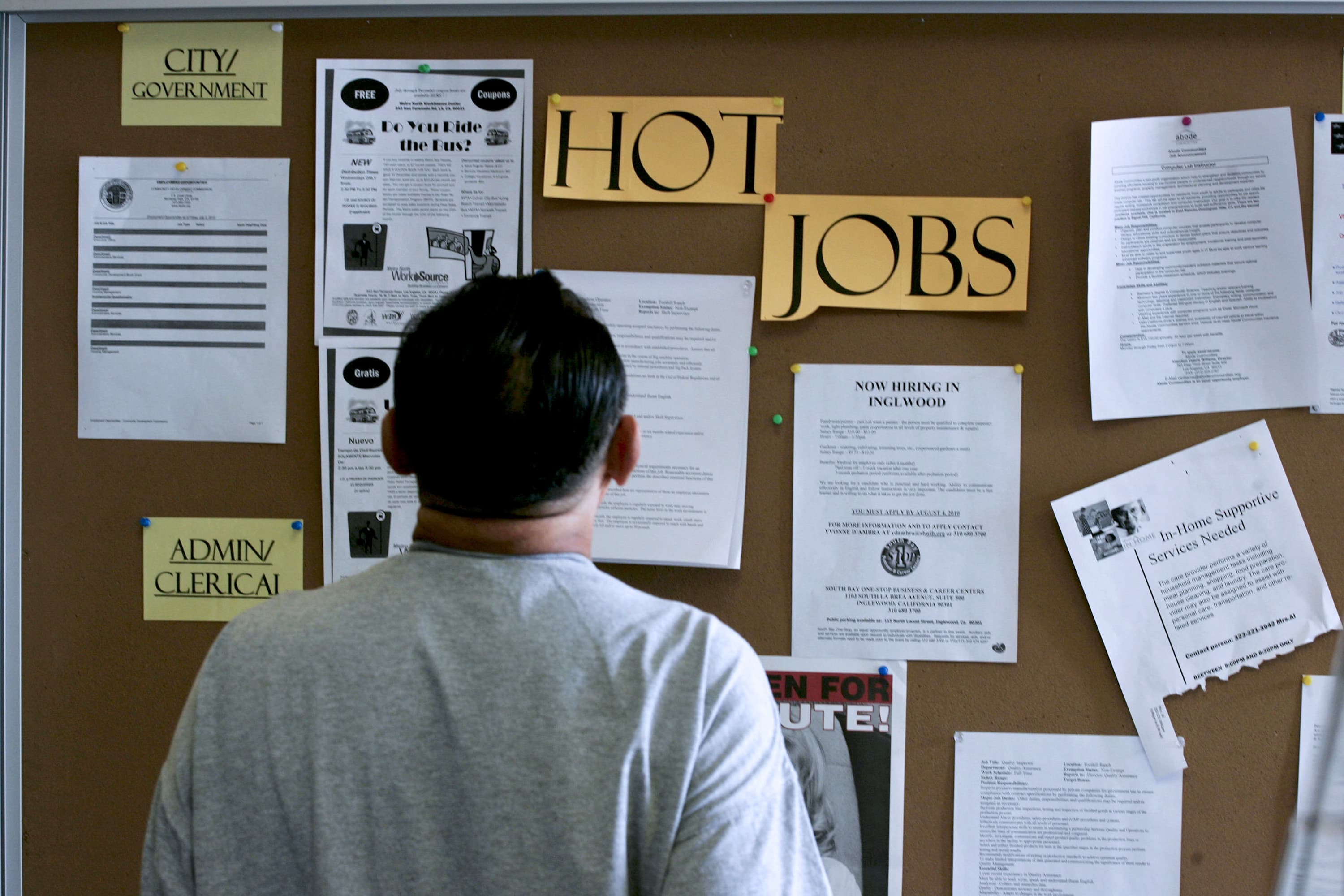How student debt can be bad for your career

Student borrower looks for a job.
Jonathan Alcorn | Bloomberg | Getty Images
Mary O'Mara is worried about her son.
Every day the 27-year-old comes home from his job as a supervisor at a big-box retailer and heads right to his bedroom. He doesn't emerge until the morning. "He just sleeps," O'Mara, 62, said. "He's so depressed."
That's because his life wasn't supposed to unfold this way.
At Rutgers University, he majored in marine science and minored in environmental protection policy. On internships, he traveled to Barbados and fought to protect turtles from poachers; in Key West, Florida, he nursed sick dolphins back to health. "From a child, he loved the ocean," O'Mara said. "He's a really smart kid."
When he graduated college, he was offered a position in Florida, training dolphins. He was thrilled — until he saw his monthly student loan bill. It was more than $1,000.
Instead of following his dreams, he now works as a supermarket manager (where he makes a higher salary than he would as a trainer) and lives at home.
"He thinks his life is over," O'Mara said. "He's 27, and he thinks his life is over."
Student loans are having a perverse effect: The very debt that's taken on to allow someone to pursue their ambitions can later morph into a burden that requires them to ditch those plans and grab any job that will just pay the bills.
More than half of people who owe $55,000 or more in student debt say they took a job outside of their field, compared with 29% of those with no debt, according to new research by Mark Kantrowitz, the publisher of SavingforCollege.com.
"It's absolutely ironic," Kantrowitz said. "You go to a more expensive college, supposedly the best in your field, but take on too much debt, so you can't work in your field because of the need to repay the debt."
Two economists recently calculated that students with debt tend to be less choosy in their careers. An additional $2,500 in education loans lowers an individual’s likelihood of being employed in a job closely related to their major by nearly 5 percentage points, they found.
"It is unfortunate that perhaps debt is making it hard for people to take jobs that have low pay but high non-monetary returns, such as those in public service," said Nicolas Ziebarth, a co-author of the research and an associate professor of economics at Auburn University.
LoriAnn Sanchez wanted to be a journalist since she was 8 years old.
"I just knew that I was meant to tell people stories," she said. Throughout college and after, she worked for multiple newspapers in New Jersey. Along the way, she interviewed political candidates and won press awards.
But her more than $70,000 in student debt weighed on her. "I realized that I wasn’t going to be able to live on $35,000 a year," Sanchez, 54, said. "I quit the newspaper."
Now she works in medical writing for a pharmaceutical company, and the memories of what she gave up still bring her pain.
"It sucks to know what you’re supposed to do but to know you have to give it up because you can’t survive," Sanchez said. "If someone had said you can do this without all these loans, I would have done it."
Read More
No comments